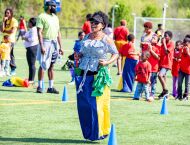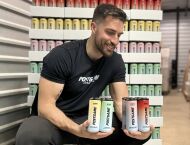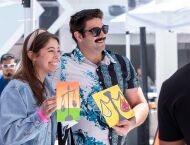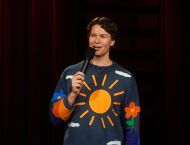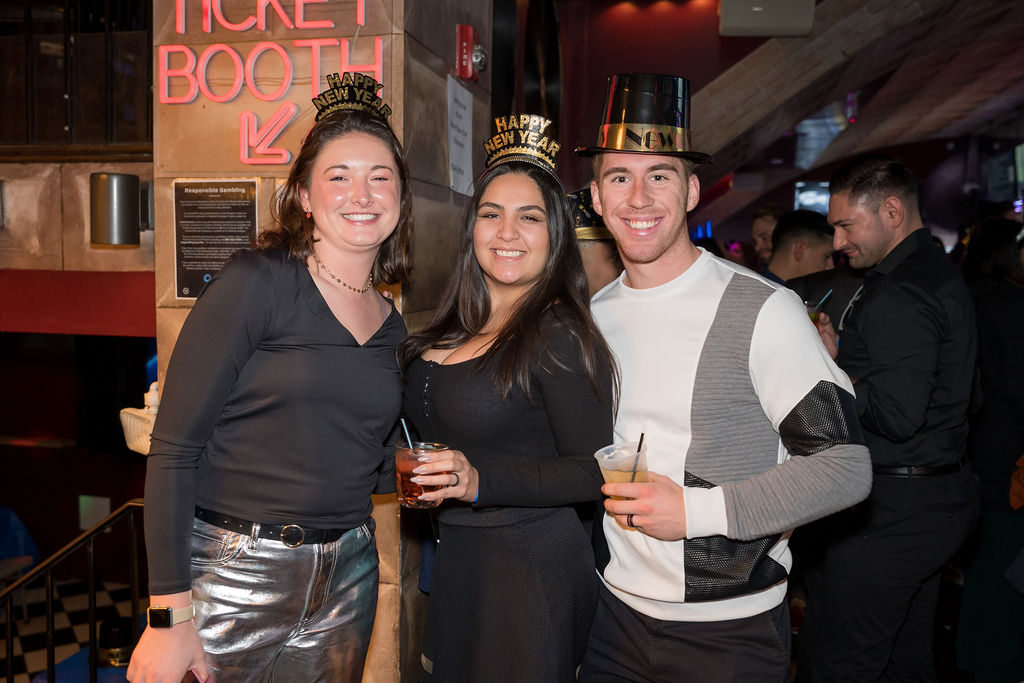Culture
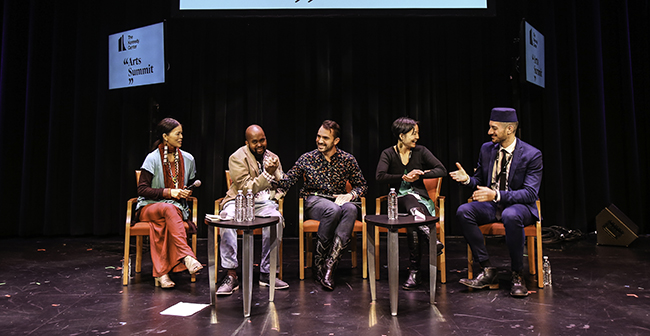 Photo: Jati Lindsay
Photo: Jati Lindsay
Kennedy Center Arts Summit Explores The Human Journey: Creating the Story of Us
May 1, 2019 @ 12:00am
On April 29 the annual Kennedy Center Arts Summit created space for leaders in the arts and arts advocacy to address the difficult questions surrounding the role of the arts in an unjust world. The theme of this year’s symposium, The Human Journey: Creating the Story of Us, invited the dissolution of traditional boundaries between artistic disciplines and between the “arts world” and the “rest of the world.”
Storytellers from all walks operating as catalysts for change within a dramatic variety of arenas convened to redefine what even a story is – A technology? An art form? A breathing thing all its own? – and to consider why it matters here and now.
Words spoken aloud, words heard, narratives propelled forward into the space in a room, into the air, are driven by voices – and that is what gives them power over paper.
In a series of roulette-style interviews punctuated by musical performances, the first half of the day-long summit proved just that. The format alone attested to the power that can be wielded by being in charge of a narrative – as each session’s interviewee became interviewer for the next panelist, the dynamic shift in the person, progress and direction a story can take was on display.
Snap Judgement’s Stephanie Vu, who uses the awareness of this power to combat Complex PTSD, asked the audience to consider “how does the experience shift when you go from the interviewer to the interviewee, even when you’re interviewing yourself.” She continued, “giving of self is part of the process of unfolding a story.”
Hip-hop and rap artists, poets, podcast producers, PhD sociologists, musicians, educators pushed on each other and themselves to place art in dialogue with dominant narratives told in the public, and within the self, to identify the parts of our tangled stories that we do and don’t share, and to consider how the process of creating a new story is like stitching together disparate wounds to emerge with a stronger whole.
And with seeds planted during the morning, afternoon breakout sessions took a deeper dive, pushing participants to examine intentionality, authorship and intersectionality; pursue the idea of “radical listening”; and discuss strategies for generating stories, both personal and communal.
Theatre artist Kaneza Schaal reminded Vanessa Ramon-Ibarra, a 16 year-old member of 826DC who is struggling to keep the oral histories of her family alive, that “the world is built of stories” and that in telling hers, she is “building an entire ecosystem.”
Earlonne Woods, formerly incarcerated at San Quentin State Prison, and Bay Area artist Nigel Poor, started the podcast Ear Hustle when Earlonne was still within in the prison system. Woods encouraged the audience and his fellow panelists to let conversations happen: let stories emerge, let yourself tell your story. In essence, he told us, there is more than one side to every story, and there is more than one layer to every character.
James L. Knight Foundation’s Victoria Rogers questioned the role of patrons of the arts – if storytelling is a technology, who has access to it and who decides who gets that access?
And finally, Princeton sociologist Betsy Levy Paluck gave us scientific evidence for the power of storytelling. Stories, she says, can motivate war, but they can also drive its resolution. In a study that explored the rolls of mass media in the Rwandan genocide, Paluck showed just how intimately and biologically stories bind us on a deep neural level.
Ultimately, if we use that bond to do good, the art we create within and of ourselves can actually change the world.
The Kennedy Center Arts Summit is an annual one-day convening to investigate the power and potential of the arts, for more information visit here.
The John F. Kennedy Center for the Performing Arts:
2700 F St. NW, DC; 202-467-4600; www.kennedy-center.org


